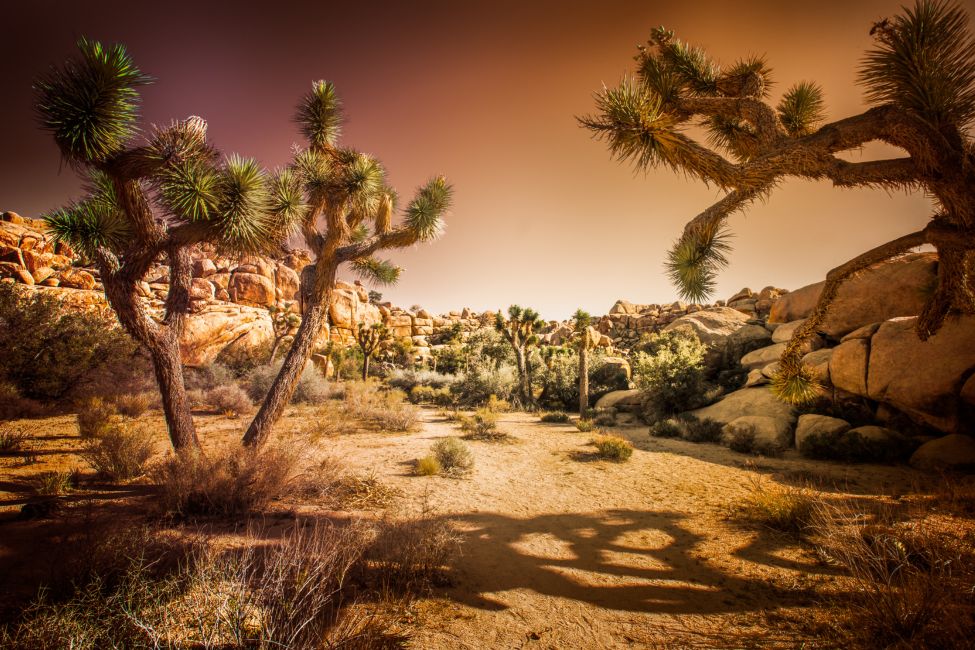
- Details
- By Native News Online Staff
The Department of the Interior announced it’s taking steps to increase Tribal co-stewardship of lands and waters, incorporate Indigenous knowledge into the Department’s work, and preserve and protect sacred sites around the country.
Secretary of the Interior Deb Haaland (Laguna Pueblo) made the announcement at the 2023 White House Tribal Nations Summit, where the Biden-Harris administration and Tribal leaders discussed ways the federal government can invest in and strengthen nation-to-nation relationships as well as ensure that progress in Indian Country continues.
In 2021, Haaland and the Secretary of Agriculture signed Joint Secretary’s Order 3403, committing to Tribal and federal co-stewardship of federal lands, waters, and wildlife through collaboration and cooperative agreements with Tribal Nations.
 Make A Donation Here
Make A Donation Here
Tribal co-stewardship agreements promote an approach to managing national forests and grasslands that seek to protect the cultural interests of Tribes. The agreements reflect a wide array of tribal interests and include caring for forest and watershed health, restoring fire-adapted ecosystems, integrating traditional knowledge into land management decision-making, and protecting cultural resources, wildlife habitat, food sovereignty and ceremonial and traditional activities.
The Department of Agriculture and Interior have signed more than 200 agreements, including between Twenty-Nine Palms Band of Mission Indians co-stewardship and Joshua Tree National Park, Navajo Nation and Canyon de Chelly National Monument, and the Redwood State and National Forests with the Yurok Tribe.
“Since time immemorial, the Earth’s lands and waters have been central to the social, cultural, spiritual, mental, and physical wellbeing of Indigenous peoples,” Haaland said in a press release. “It is essential that we do everything we can to ensure that Indigenous Knowledge helps guide our ongoing work as stewards of public lands and waters.”
“By acknowledging and empowering Tribes as partners in co-stewardship of our country’s lands and waters, every American will benefit from strengthened management of our federal land and resources.”
The Department published a departmental guidance on the inclusion and protection of Indigenous knowledge in decision-making and scientific research. A new chapter in the agency’s Departmental Manual formalizes Indigenous knowledge as a foundational piece of the Department’s mission and formally recognizes Indigenous knowledge as one of the important knowledge systems that contribute to the well-being of the United States.
The Department has also published a Best Practices Guide for Federal Agencies Regarding Tribal and Native Hawaiian Sacred Sites, which provides best practices, procedures and guidance for the management, treatment and protection of sacred sites. The guide identifies impediments to federal-level protection of sacred sites and identifies ways to address and remedy them.
This new guide builds on a Memorandum of Understanding aimed at increasing collaboration with Tribes to ensure stewardship and access to sites, and incorporate Indigenous knowledge into management, treatment and protection procedures.
More Stories Like This
Gwich'in Tribal Governments Submit Comments Challenging Fish and Wildlife Service's Inadequate Environmental Review of Arctic Refuge Snow RoadRappahannock Tribe Challenges 9M-Gallon Water Plan
Feds release draft long-term plans for Colorado River management
Apache Leader Walks 60 Miles to Court Hearing That Will Decide Fate of Sacred Oak Flat
Rappahannock Tribe Raises Sovereignty and Environmental Concerns Over Caroline County Water Permit
Help us defend tribal sovereignty.
At Native News Online, our mission is rooted in telling the stories that strengthen sovereignty and uplift Indigenous voices — not just at year’s end, but every single day.
Because of your generosity last year, we were able to keep our reporters on the ground in tribal communities, at national gatherings and in the halls of Congress — covering the issues that matter most to Indian Country: sovereignty, culture, education, health and economic opportunity.
That support sustained us through a tough year in 2025. Now, as we look to the year ahead, we need your help right now to ensure warrior journalism remains strong — reporting that defends tribal sovereignty, amplifies Native truth, and holds power accountable.
 The stakes couldn't be higher. Your support keeps Native voices heard, Native stories told and Native sovereignty defended.
The stakes couldn't be higher. Your support keeps Native voices heard, Native stories told and Native sovereignty defended.
Stand with Warrior Journalism today.
Levi Rickert (Potawatomi), Editor & Publisher

